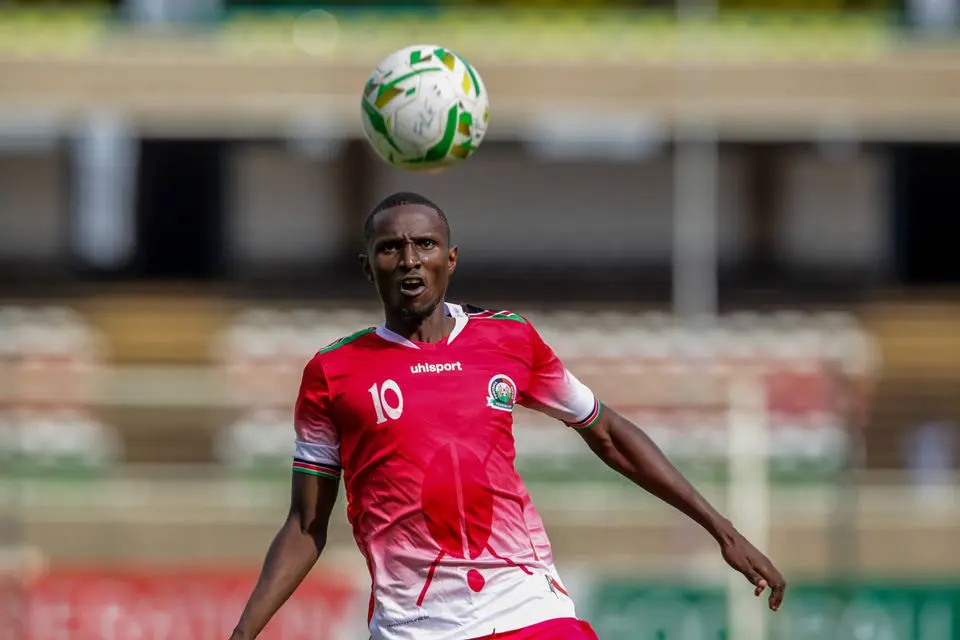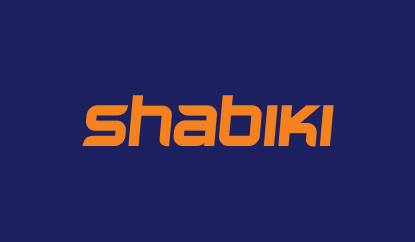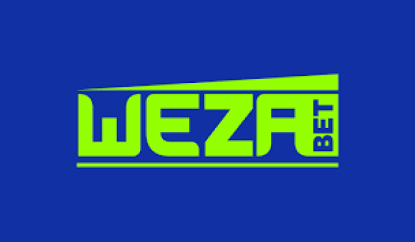The buzz around Harambee Stars has been thunderous, and with it has come unavoidable growing pains. At the heart of the week’s drama sit the CHAN 2024 ticketing issues, a cocktail of website crashes, long virtual queues, and a scramble for seats as Kenya prepares for a quarter-final at Kasarani Stadium against Madagascar.
How a dream run fuelled a scramble for seats
Kenya’s group stage turned hope into belief. The team topped Group A with 10 points, conceded just one goal across four matches, and punched out statement wins over Morocco and DR Congo, alongside victory against Zambia and a draw with Angola. Former national team goalkeeper Arnold Origi praised the tactical balance under coach Benni McCarthy, pointing to a near-impenetrable back line and ruthlessness in attack.
“I love the defensive structure, it is the best in the tournament,” Origi said, adding that a good defensive structure “wins you championships.” That kind of performance, and the prospect of Friday knockout football at Kasarani, is exactly what pushed demand into overdrive and created the fevered rush for Kenya vs Madagascar tickets.
What went wrong with ticket sales in Kenya
When tickets went live at around 12 p.m., the official portal, chan.mookh.com, buckled almost instantly. Mookh Africa, the ticket service provider, apologised and attributed the crash to automated bots that overwhelmed the system. In their words, when sales opened, the system was overwhelmed by bots, which prevented genuine fans from securing tickets as intended.
Mookh detailed how intense the traffic was, noting they were receiving about 4,000 requests per minute, and introduced a virtual queue to limit the number of users on the website. The company told fans, “We know how important it is for you to have a fair chance at getting tickets,” and assured supporters that their team was working to stop bots so tickets go to fans, not bots. “Tickets will be back on sale very soon,” the provider said, while posting a conciliatory “MaFANS!!! Poleni” message on social media as frustration built.
By Wednesday morning, order had largely been restored. Fans could finally buy, guided by a timer on the website that indicated how long they had to wait to transact. Waiting ranged from minutes to hours, and many Kenyans still complained they had not obtained a ticket, a familiar picture in high demand moments. Uganda also experienced delays, while purchasing for the Tanzania vs Morocco game went on smoothly.
CAF steps in and the three ticket rule in Uganda
To tackle fraud risks, CAF curtailed online ticket purchases in Uganda. According to Dennis Mugimba, spokesperson for Uganda’s Ministry of Education and Sports, the number of tickets per person has been capped at three, an effort to limit duplication and keep rogue vendors at bay. “Due to the problem of fake tickets, CAF has restricted the purchase to a maximum of three tickets per person to curb duplication,” he explained.
Whether this limit applies across all hosts is unclear. In Kenya, where the crash sparked public anger, fans reported instances of duplicate tickets allegedly circulating, with claims of rogue vendors around Kasarani reselling in bulk. The three-ticket ceiling in Uganda, while not confirmed for Kenya, illustrates the direction of CAF’s tightening oversight as the quarter-finals approach.
| CASINO | BONUS | INFO | RATING | |
|---|---|---|---|---|
|
bonus
Register for up to 31,400 KSH bonus on deposits!
See 12 Bonuses
|
info
No. ALSI-112310012-F15 Unique selection of slots & games |
|||
|
bonus
Welcome bonuses, free spins, and cashback await you!
See 4 Bonuses
|
info
Large welcome bonus, crypto-friendly, huge provider list. No. 1668/JAZ |
|||
|
bonus
Win Ksh 30,000 daily in Aviator tournament!
See 8 Bonuses
|
info
20+ software providers, Aviator+ other crash games, BK 0000671 PG 0000428 |
|||
|
bonus
Claim weekly freebet codes on Telegram!
See 5 Bonuses
|
info
6,000+ casino games, renowned providers, mobile-optimized gamesBK 0000761, PG 0000461 |
|||
|
bonus
Bonus on 1st deposit: Free Bet up to 10,000 KES
See 3 Bonuses
|
info
BCLB 0000794 Licensed betting platform with a variety of bonuses and high odds |
Security breaches, capacity cuts and a government plea
The strains at the turnstiles have a recent history. During the Morocco group game on August 10, breaches were reported as some fans forced their way into the stadium. The fallout was swift. CAF cut Kasarani’s capacity to 60 percent and issued a KSh 6.4 million fine. Those measures set the baseline for the quarter-final conversation.
Kenya’s Ministry of Sports has formally asked CAF to review the cap and allow a return to full capacity. The request is straightforward, let the stadium fill, provided that the government and the Football Kenya Federation can meet strict security requirements. The government has also engaged to ensure that fans obtain their tickets, and in the words of the Sports Cabinet Secretary Sammy, efforts are underway to make that happen.
Ticket woes are not new to CAF events
Kenya is not alone in this struggle. Across recent CAF tournaments, ticketing has repeatedly surfaced as a sore point. At the 2019 Africa Cup of Nations in Egypt, locals complained they were priced out, and Tazkarti, the online platform, ran into technical hitches that made even the creation of a Fan ID a chore.
In Cameroon during the 2021 AFCON staged in January 2022, many locals felt ticket prices did not match spending power. Black market dynamics took hold, with reports of fans having to buy at exorbitant prices. At the 2022 CHAN in Algeria, demand soared so high that CAF and the Local Organising Committee urged supporters to watch on TV if they could not get tickets. Then came the 2023 AFCON in Cote d’Ivoire, where CAF President Patrice Motsepe lamented ticket touts and the black market.
Motsepe noted that some people bought tickets in disproportionate amounts and tried to resell them at abnormal prices. The paradox of matches tagged as sold out yet played before swathes of empty seats only amplified public ire. As CAF’s Head of TV and Communications Lux September put it when assessing the present turbulence, the situation is normal, and “even Uefa experiences them.” That admission does not ease the sting for fans left refreshing browsers, but it frames the challenge as global rather than local.
The fan experience in the queue
The virtual queue has become the focal point of hope and anxiety. Fans logged in, watched the timer tick, and waited through minutes that stretched into hours. Some eventually reached the front only to find the basket empty. Others got through on the first attempt. In parallel, allegations of rogue vendors near Kasarani and reports of duplicate tickets added a layer of suspicion to an already jittery process.
Regionally, outcomes differed. Uganda faced delays in their own sales channels, but the Tanzania versus Morocco allocation proceeded with fewer hiccups. The contrast is telling, systems are only as strong as their weakest choke point. The fact that one match could be processed smoothly while another triggered a crash underlines how unpredictable demand surges can overwhelm a platform like Mookh Africa.
The fixes on the table and what they mean
A clearer picture is emerging of what can steady the ship. On the provider side, Mookh has pledged anti-bot safeguards and kept the virtual queue in place to moderate traffic. On the regulator side, CAF has shown a willingness to cap purchases per fan in Uganda, which could deter mass buying and duplication. On the host side, Kenya’s authorities are pushing to restore full capacity at Kasarani, while underscoring the need for stricter access control after the Morocco game breaches.
- block the bots and protect the portal so real supporters can buy,
- limit the number of tickets one person can purchase to blunt duplication and bulk reselling,
- balance capacity decisions with stronger security so high-demand games remain safe and orderly.
Why demand exploded at Kasarani
Performance and pride are powerful accelerants. Kenya’s well-drilled defense, which conceded only one goal in four group matches, and a purposeful attack that delivered four goals, have animated a fan base eager to be part of something historic. Origi underlined the mentality shift, highlighting the team’s resilience even when down to ten men against Morocco and Angola. His verdict, if they win the whole thing, it would not be a surprise, has fed the surge that ticket systems must now absorb.
It is a reminder that moments like this are community milestones. The stadium is more than seats, it is memory and meaning. The tension between huge demand and fragile infrastructure is what makes ticketing feel personal, and why the sight of a buffering wheel can feel like a door closing. In that space, a fair queue, a secure purchase flow and clear rules are not technical nice-to-haves, they are the confidence fans need.
What to watch as the quarter-finals kick off
Three pressure points will tell the story in the days ahead. First, how effectively Mookh’s bot protections hold up once another wave of buyers hits the portal. Second, whether CAF’s purchase caps in Uganda are replicated elsewhere, and if they reduce duplication. Third, whether Kasarani’s capacity is adjusted, and how smoothly entry is managed after the Morocco breach triggered a 60 percent limit and a KSh 6.4 million fine.
The regional picture adds subplots. Uganda meet defending champions Senegal in their quarter-final, and in Kenya there were online reports of fans buying for Tanzania’s game against Morocco, a reflection of how East African rivalry and anticipation travel beyond borders. The thread that connects these moments is demand, and the challenge is channeling it safely and fairly.
Quick guide for fans trying again
If you are attempting another purchase window, expect a virtual queue at chan.mookh.com, and be prepared to wait. In Uganda, a three-ticket maximum per buyer is in place to curb duplication, and although it is unclear if that applies in Kenya, common sense suggests planning within that limit. Beware of alleged rogue vendors and potential duplicate or fake tickets around Kasarani, and remember that at the 2022 CHAN in Algeria, organisers openly urged fans to watch on TV when demand outstripped supply. In short, the official portal remains your safest route to a Kasarani seat.
The bigger lesson for African football
Ticketing is no longer just logistics, it is part of the fan experience that shapes tournament narratives. CAF’s own leadership has acknowledged the black market’s reach, and the sight of sold-out notices followed by empty seats has become a symbol of a system under pressure. Lux September’s point that even UEFA faces similar turbulence places Africa within a global pattern, but the task remains local, adapt systems to the surges, upgrade fraud prevention, and make the matchday entrance as compelling as the football itself.
For Kenya, the quarter-final has already succeeded in one sense, it has tested the country’s ability to host a continental event under intense scrutiny and demand. The fixes rolled out this week, anti-bot lines of defense, a measured queue, purchase caps in nearby markets, and a renewed focus on security at the turnstiles, are the building blocks for the rest of CHAN 2024. If they hold, they will turn a week of chaos into a case study in how to steady a system in real time.
Final whistle on a frantic week
Harambee Stars have ignited something special, and with that flame came heat on every seam of the ticketing pipeline. The crash was a wake-up call, the queue a calming mechanism, and the policy tweaks a signal that organisers are prepared to defend the integrity of access. As Friday approaches, one truth endures, the stakes are not only on the pitch, they are in the browser tabs, at the entry gates, and in the trust that fans place in the process.
If the game at Kasarani is defined by clean tackles and clinical finish, then the experience outside must mirror that precision. Give the people a fair shot at a seat, protect them from fraud, and let the football do the rest. This is the compact that will carry CHAN 2024 from controversy to celebration, and it starts with getting the next sale window right.











